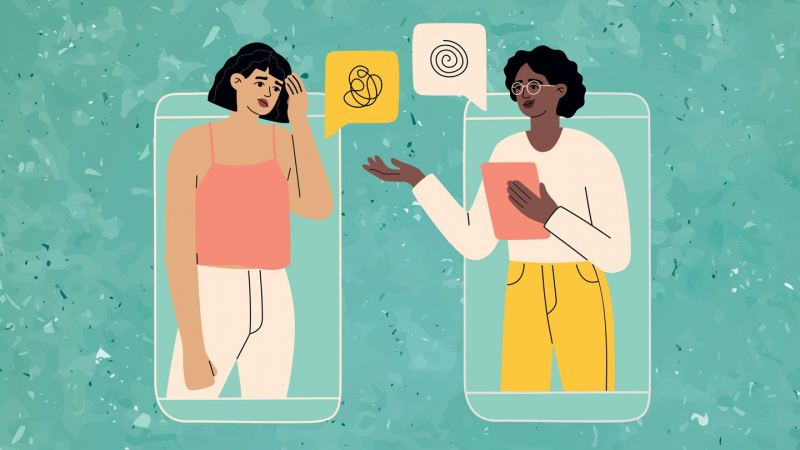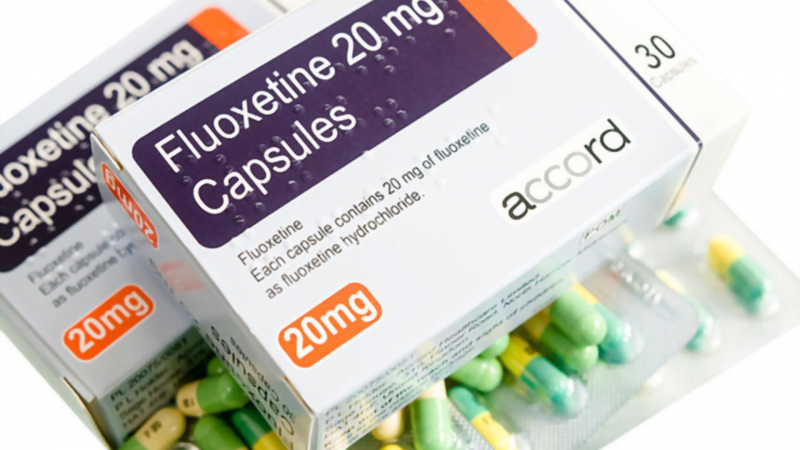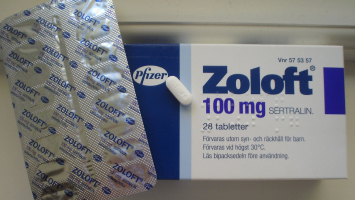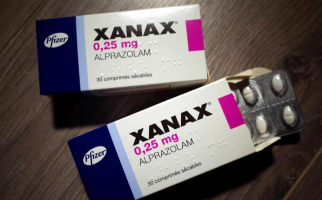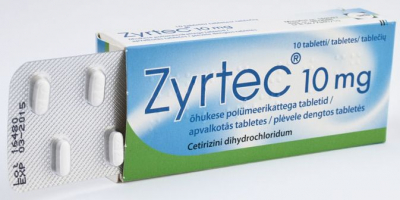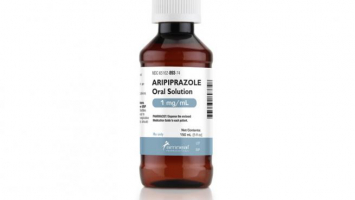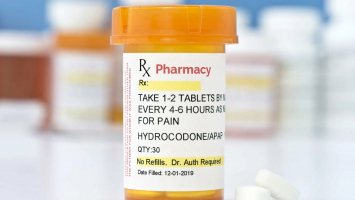Top 7 Things to Know About Fluoxetine
Fluoxetine belongs to a class of drugs called selective serotonin reuptake inhibitors (SSRIs). Fluoxetine works by increasing the amount of serotonin, a ... read more...natural substance in the brain that helps maintain mental balance. Fluoxetine is indicated for the treatment of depression, anxiety disorders, and post-traumatic stress disorder, obsessive-compulsive problems, and post-traumatic stress.
-
Fluoxetine, also known as Prozac, is a medication that may be used to treat some eating or mood disorders.
According to experts, fluoxetine's effects result from its capacity to prevent nerves from reabsorbing serotonin, which raises serotonin levels in the nerve synapse (space between two nerves).
Prozac appears to have significantly less activity against other neurotransmitters than some other antidepressants.
Prozac is a member of the class of drugs known as selective serotonin reuptake inhibitors (SSRIs).

Nature Betty Huang -
In adults and children aged 8 to 18 years, it may be used to treat depression and to help maintain relief from depression.
Obsessive-compulsive disorder (OCD) symptoms may be relieved in adults and children aged 7 to 17 years.
May be beneficial in the treatment of bulimia nervosa to alleviate moderate-to-severe symptoms such as binge eating and vomiting.
Has been used to treat adults with panic disorder, with or without agoraphobia (an extreme avoidance of situations that could cause panic).
Off-label use for other conditions is possible (this means it is not FDA-approved for this use; however, it is still a recognized use for the medicine)
Compared to some other antidepressants, this one may lead to weight loss.
Compared to some other antidepressants, this one may cause sedation but may also cause insomnia (sleeplessness).
For the treatment of depressive episodes related to bipolar I disorder and for those with treatment-resistant depression who have not improved after two antidepressant trials, a combination of prozac and olanzapine may be used.
After a preliminary trial of Prozac daily capsules, is offered as a weekly dosing form that may be suitable for some patients.
The generic version of Prozac is marketed as Fluoxetine.
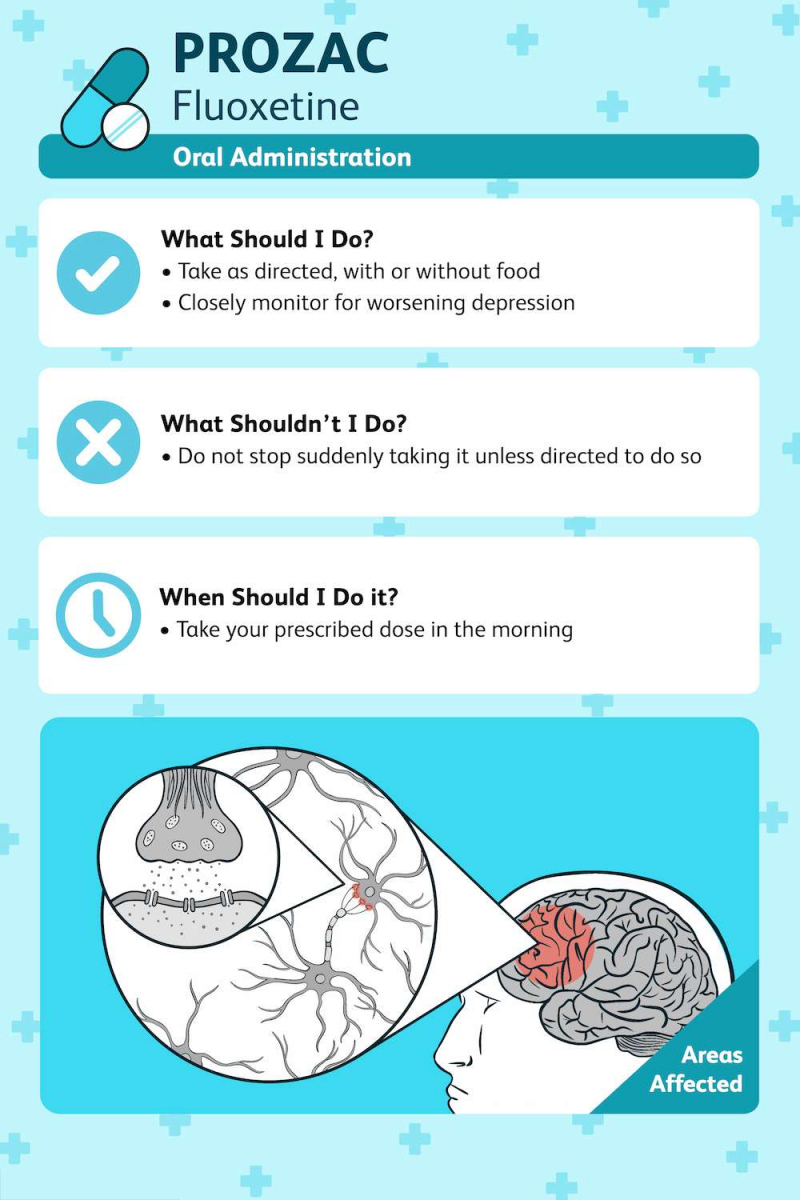
Verywell Health 
ABC -
You are more likely to experience the following side effects if you are between the ages of 18 and 60, do not take any other medications, or have any other medical conditions:
- A headache, fatigue, flu-like symptoms, nausea, diarrhea, weight loss, abnormal bleeding, increased sweating, or a decrease in libido. Anxiety, low sodium levels, and allergic reactions (including rash) are all possibilities. It may also have an effect on heart rhythm and cause angle-closure glaucoma.
- Prozac, like other antidepressants, may raise the risk of suicidal thoughts or behavior, particularly in children and young adults.
- Can impair judgment and make it difficult to drive or operate machinery.
- Serotonin syndrome may result from a drug interaction or overdosage (symptoms include mental status changes [such as agitation, hallucinations, coma, delirium], fast heart rate, dizziness, flushing, muscle tremor or rigidity, and stomach symptoms [such as nausea, vomiting, diarrhea]). Another serious syndrome, known as Neuroleptic Malignant Syndrome, has been reported, with symptoms including high body temperature, muscle rigidity, and mental disturbances. If this syndrome occurs, stop taking Prozac immediately and seek immediate medical attention.
- May increase the risk of bleeding, especially when combined with other drugs that increase the risk of bleeding.
- May result in a decrease in total body sodium (hyponatremia); elderly people, those taking diuretics, or those who are already dehydrated are more vulnerable.
- If abruptly stopped, it may cause discontinuation syndrome. Irritability, low mood, dizziness, electric shock sensations, headache, or confusion are some of the symptoms. On withdrawal, the dosage of fluoxetine should be gradually reduced.
- Seizures are extremely rare.
- Mania may be precipitated in people with undiagnosed bipolar disorder.
- Other antidepressants, tramadol, bupropion, diuretics, St John's Wort, and drugs that prolong the QT interval may interact with this medication (such as pimozide or thioridazine).
- Some people, such as those with glaucoma, bleeding disorders, a history of seizures, liver or kidney disease, the elderly, or certain heart conditions, may be ineligible. Diabetics may require their medication dosage to be adjusted.
In general, people who are older or younger, have certain medical conditions (like liver or kidney issues, heart disease, diabetes, or seizure disorders), take other medications, or are seniors or young children are more likely to experience a wider range of side effects.
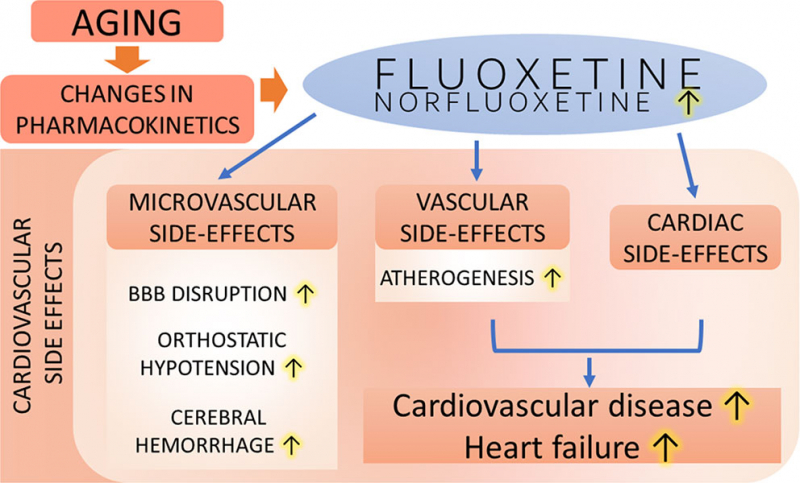
Frontiers 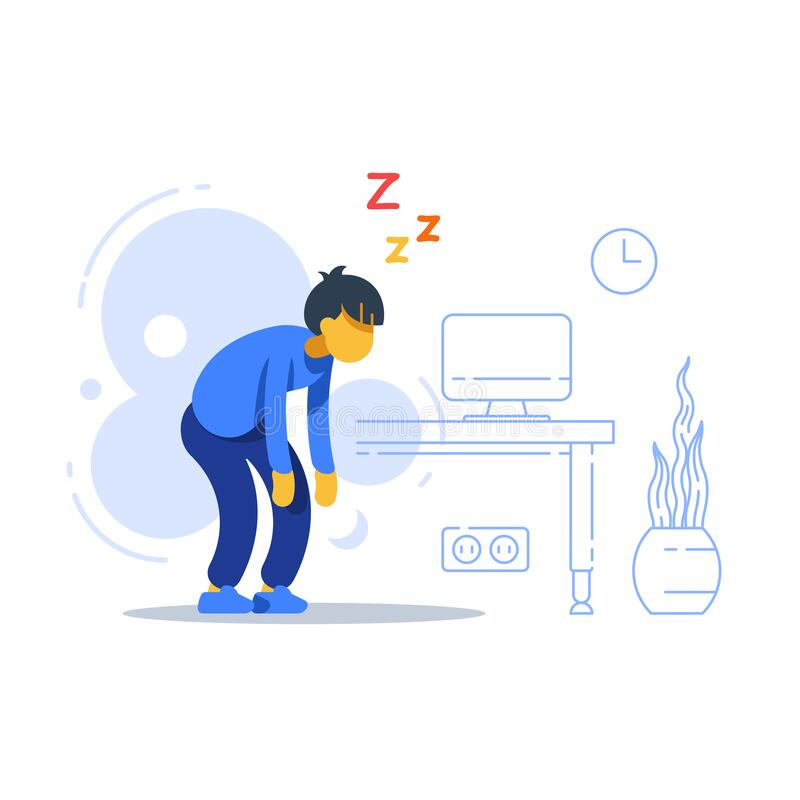
Dreamstime -
It is safe to take with or without food. Morning doses may reduce the likelihood of insomnia.
Prozac should be taken exactly as prescribed by your doctor. Do not abruptly stop without consulting your doctor. When discontinuing Prozac, it is best to do so gradually.
Be on the lookout for signs of depression and suicidal thoughts or behaviors. If you notice any changes, seek medical attention.
If Prozac impairs your judgment or makes you sleepy, do not drive or operate machinery.
If symptoms of serotonin syndrome (such as agitation, hallucinations, fast heart rate, dizziness, flushing, nausea, or diarrhea) or Neuroleptic Malignant Syndrome (such as high body temperature, muscle rigidity, or mental disturbances) develop, seek immediate medical attention.
Consult your doctor right away if you develop a rash, and seek emergency medical attention if you experience severe allergy-like symptoms such as swelling of the face or throat, or shortness of breath.
Do not take any other medications, including over-the-counter medications, without first consulting a doctor or pharmacist and asking if they are safe to take with Prozac.
If you have diabetes, you may need to monitor your blood sugar levels more frequently when starting Prozac and changing your dosage. If your blood sugar levels are not as well controlled as they once were, consult your doctor.
If you experience persistent headaches, confusion, weakness, or shakiness that causes falls, an increase, irregularity, or slowing of your heart rate, shortness of breath, a rash, or unusual bruising or increased bleeding while taking Prozac, speak with your doctor. Report any eye discomfort, eye swelling, or visual disturbances as well as any seizure activity and manic symptoms like recklessness, racing thoughts, increased energy, or extreme difficulty falling asleep.
Meds Safety 
Everyday Health -
A single dose produces peak plasma concentrations within six to eight hours. A reduction in depressive or other symptoms may be noticed within two to four weeks; however, full effects may take up to six to eight weeks.
Because it remains in the body for a long time, it may take some time to notice an improvement in mood or a reduction in side effects with dose changes.
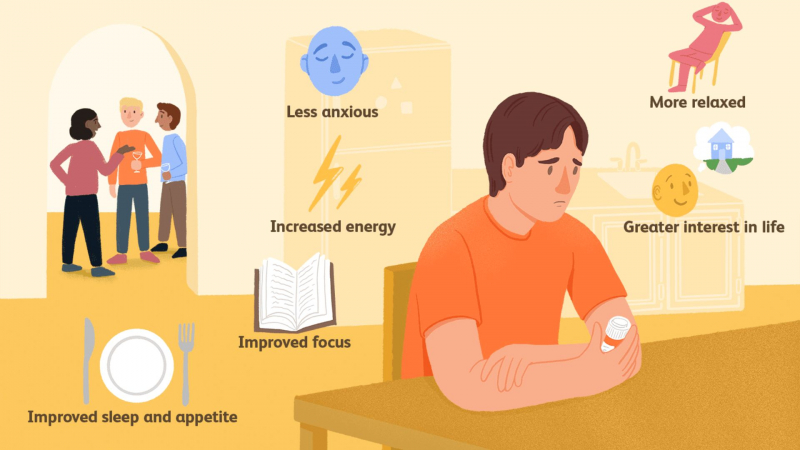
Verywell Mind 
Baton Rouge Behavioral Hospital -
Medicines that interact with Prozac may reduce its effect, shorten its duration of action, increase side effects, or have no effect when combined. An interaction between two medications does not always necessitate the discontinuation of one of them; however, it can. Consult your doctor about how to handle drug interactions.
Prozac may interact with the following medications:
- anticoagulants (blood thinners), such as warfarin, or other drugs that have blood-thinning effects such as aspirin or NSAIDs
- anticonvulsants, such as phenytoin, phenobarbital, or primidone
- antipsychotics (such as butyrophenones, phenothiazines, or thioxanthenes) and atypical antipsychotics (eg, olanzapine, quetiapine, ziprasidone)
- any medication that may cause drowsiness, such as benzodiazepines (eg, diazepam, lorazepam), first-generation antihistamines (such as doxylamine or promethazine), metoclopramide, or opioids (such as codeine, morphine)
- diuretics, such as furosemide
- lithium
- medications that may affect the heartbeat by prolonging the QT interval, such as amiodarone, encainide, or flecainide
pimozide - other antidepressants, such as tricyclic antidepressants (eg, amitriptyline), monoamine oxidase inhibitors (eg, isocarboxazid, phenelzine, and tranylcypromine), and SSRIs (eg, paroxetine, sertraline)
- other medications that affect serotonin, such as amphetamines, fentanyl, lithium, tramadol, triptans (eg, almotriptan, eletriptan, or sumatriptan), or St. John's Wort
- other medications that are metabolized by the same enzymes (CYP2D6) such as tricyclic antidepressants, most antipsychotics, flecainide, propafenone, or vinblastine
- thioridazine (do not administer at the same time as Prozac or for 5 weeks after Prozac has been discontinued)
others, such as HIV medications (fosamprenavir, ritonavir), procyclidine, or theophylline.
While taking Prozac, avoid drinking alcohol or using illegal or recreational drugs.
It should be noted that this list is not exhaustive and only includes common medications that may interact with Prozac. For a complete list of Prozac interactions, consult the prescribing information.
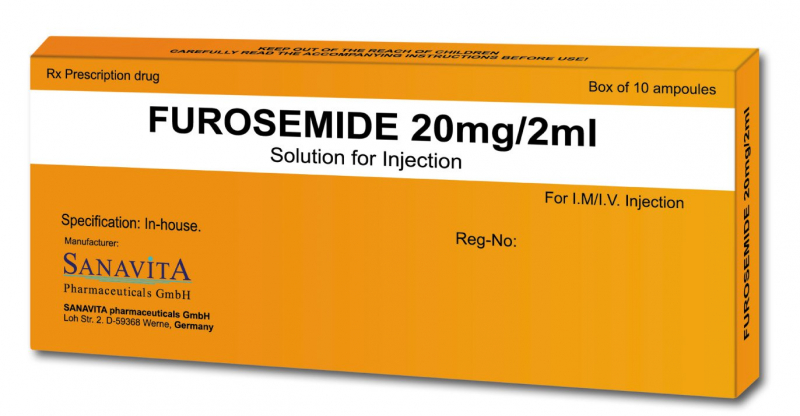
Vinmec 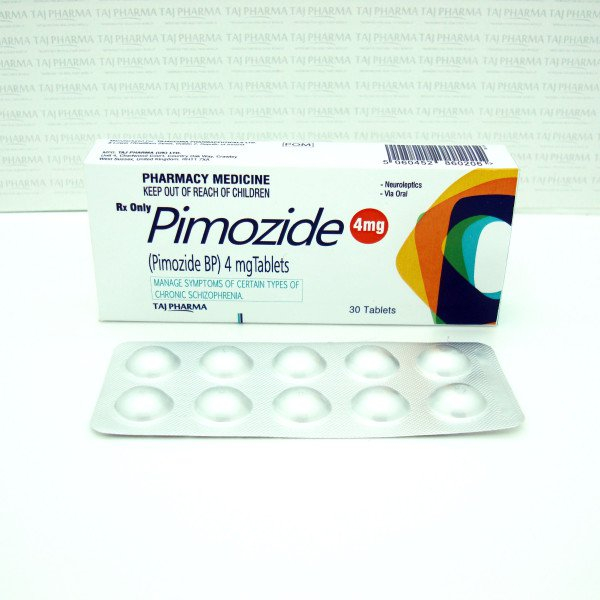
Vinmec








